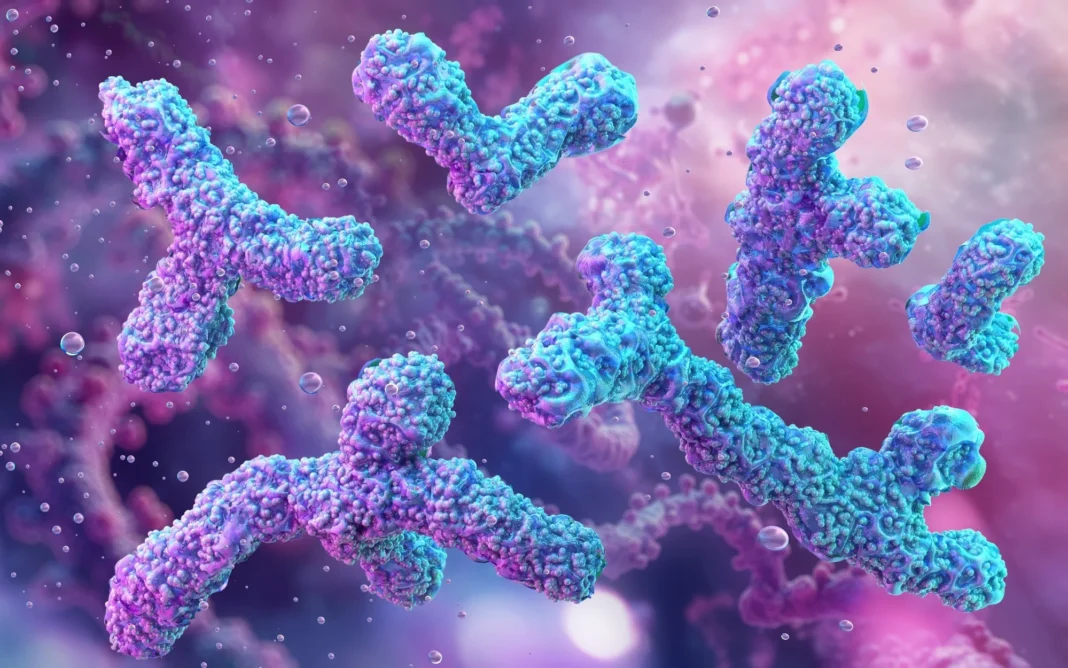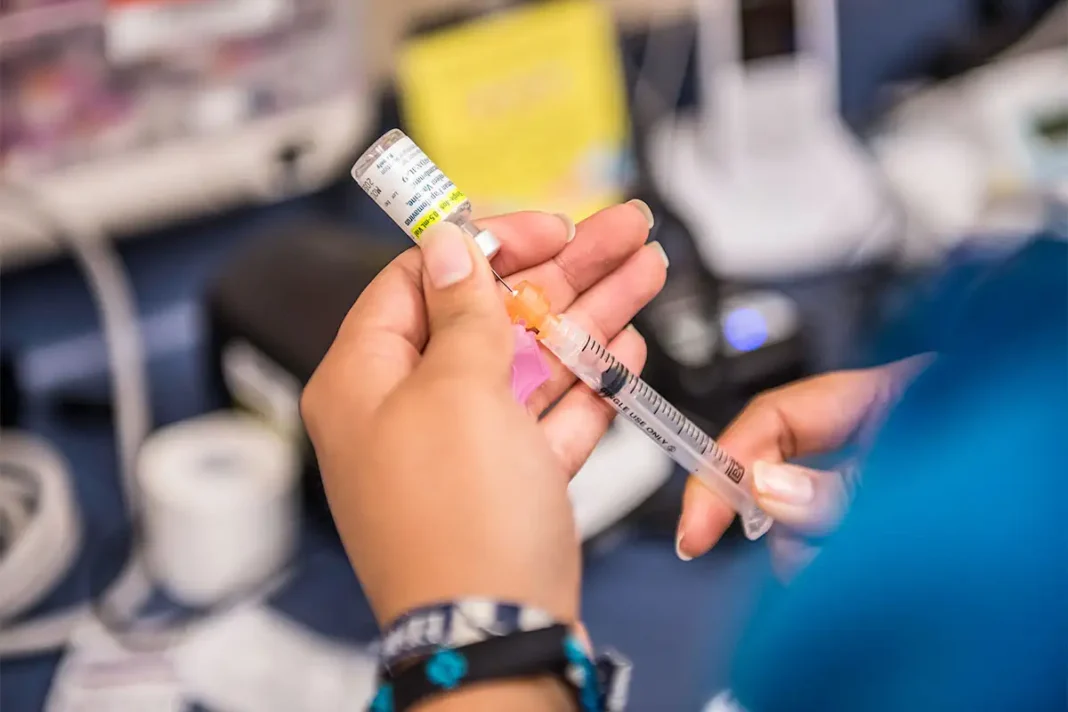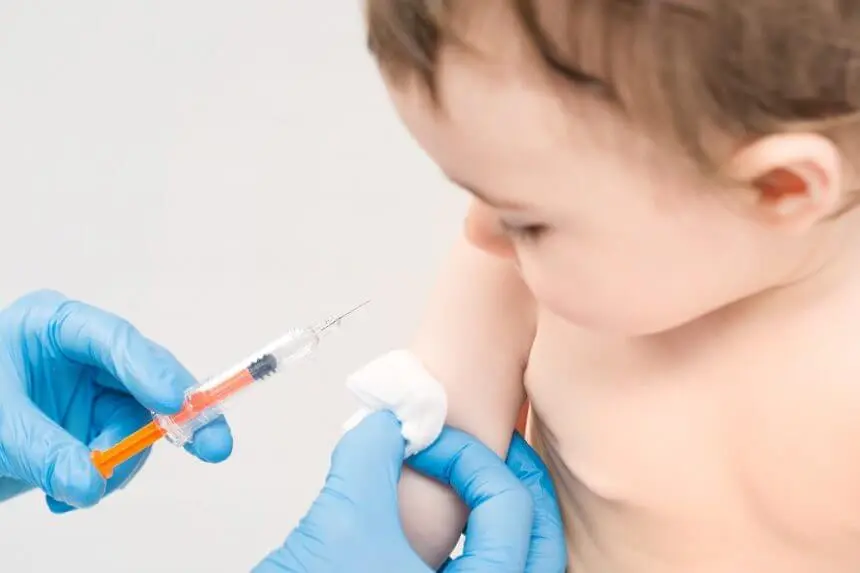Nearly one in four infants are missing vital gut bacteria essential for early immune system training, putting them at greater risk of developing non-communicable diseases (NCDs) like allergies, asthma, and eczema by age two. A new study published in Communications Biology reveals a widespread deficiency of Bifidobacterium—a group of beneficial bacteria crucial for immune development and long-term health.
Bifidobacteria are among the first good microbes to colonize the infant gut. Their presence has been linked to protection against inflammation, gastrointestinal infections, and metabolic disorders. However, the study, which analyzed the gut microbiomes of 412 infants representing diverse U.S. populations, found that a significant proportion lacked detectable levels of this beneficial microbe. This absence was associated with a higher risk of developing atopy, a genetic tendency toward allergic diseases.

The findings come amid a global surge in allergies, affecting up to 40% of the population. In children, allergic conditions now range from mild seasonal symptoms to severe eczema and potentially life-threatening food allergies. Emerging evidence suggests that many of these conditions originate in the first 1,000 days of life—starting in the womb and continuing through the first two years. Disruptions to the gut microbiome during this critical window may lay the groundwork for immune-related disorders later in life.
Factors Influencing Infant Microbiome
Key factors influencing the infant microbiome include mode of delivery, feeding practices, and antibiotic exposure. C-section births, formula feeding, and early antibiotic use have all been linked to reduced microbial diversity and loss of beneficial strains like Bifidobacterium. Earlier U.S. studies on infant gut health were limited in size and diversity, prompting the need for more representative research.
To address this gap, researchers launched the My Baby Biome study—a seven-year, longitudinal project capturing a comprehensive picture of the infant gut microbiome and the metabolic compounds it produces. Their analysis revealed that 25% of infants aged 1 to 3 months were deficient in Bifidobacterium. The deficiency was more pronounced in babies born via C-section (35%) compared to vaginal births (19%). In these cases, beneficial microbes were often replaced by potentially harmful bacteria that feed on human milk oligosaccharides—key nutrients in breast milk meant to support healthy gut colonization.
Moreover, microbiomes rich in Bifidobacterium had fewer antimicrobial resistance and disease-causing genes, and produced more favorable metabolic profiles. These findings highlight the microbiome’s crucial role in shaping infant immunity and overall health.
While the term “dysbiosis” (microbial imbalance) remains debated, researchers argue that the consistent link between Bifidobacterium deficiency and poor health outcomes indicates a true form of early-life dysbiosis. The study underscores the importance of supporting healthy gut colonization in infants to reduce the burden of allergies and related diseases.
Source: Medical Xpress




